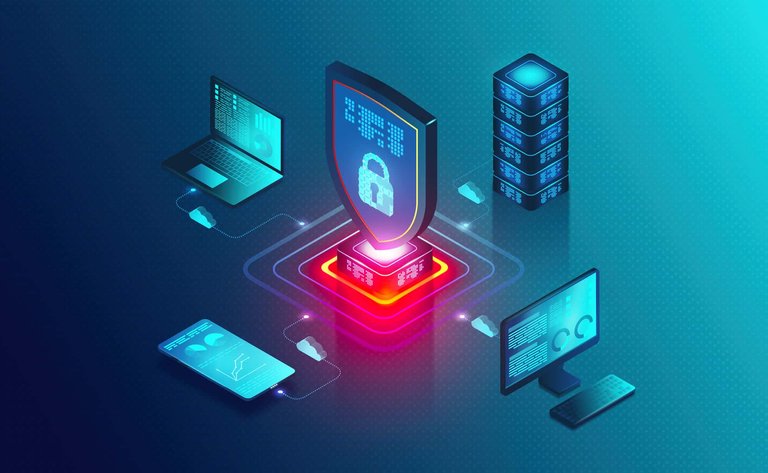As businesses rapidly transition toward digital operations, the significance of cybersecurity has never been more pronounced. The era of digital transformation, marked by interconnected systems and a data-driven ecosystem, presents both unparalleled opportunities and formidable challenges in safeguarding sensitive information from cyber threats.

One of the primary concerns in this digital evolution is the increasing frequency and sophistication of cyber threats. Malicious actors exploit vulnerabilities in interconnected networks, targeting sensitive data, intellectual property, and critical infrastructure. Cyberattacks, ranging from ransomware to phishing schemes, pose significant risks to businesses, governments, and individuals, highlighting the critical importance of robust cybersecurity measures.
Amidst this landscape, the role of AI and machine learning in cybersecurity has emerged as a potent defense mechanism. AI-powered threat detection and predictive analytics enable proactive identification of potential threats, augmenting human capabilities and response times. These technologies analyze vast datasets, recognizing patterns and anomalies to prevent and mitigate cyber threats more effectively.
Furthermore, blockchain technology is revolutionizing cybersecurity by offering enhanced data integrity and decentralized security mechanisms. The immutable nature of blockchain ensures tamper-proof data records, reducing the risk of data breaches and unauthorized access. Its application in securing transactions and verifying identities contributes significantly to bolstering cybersecurity.
However, the digital transformation journey brings forth several challenges in ensuring robust cybersecurity practices. Balancing convenience with security, training employees on cybersecurity best practices, and implementing a culture of cyber hygiene are imperative. Additionally, the dynamic nature of cyber threats requires constant vigilance, proactive threat intelligence, and rapid incident response capabilities.
Incorporating a holistic cybersecurity strategy involves collaborative efforts between governments, businesses, and cybersecurity experts. Regulatory frameworks that enforce data protection standards and incentivize cybersecurity investments are pivotal. Public-private partnerships foster information sharing, threat intelligence exchange, and collective efforts to combat cyber threats on a broader scale.
Looking ahead, cybersecurity resilience in the digital age requires a proactive approach that anticipates evolving threats. Innovations in cybersecurity, including behavioral analytics, zero-trust architectures, and quantum-resistant cryptography, will play a crucial role in safeguarding digital assets and maintaining trust in the digital ecosystem.
In conclusion, the age of digital transformation necessitates a comprehensive and adaptive approach to cybersecurity. By leveraging technological advancements, fostering a cybersecurity-conscious culture, and fostering collaboration, we can mitigate cyber risks and navigate the evolving threat landscape more effectively.
Congratulations @cryptogecko! You have completed the following achievement on the Hive blockchain And have been rewarded with New badge(s)
Your next target is to reach 4000 upvotes.
You can view your badges on your board and compare yourself to others in the Ranking
If you no longer want to receive notifications, reply to this comment with the word
STOPCheck out our last posts: